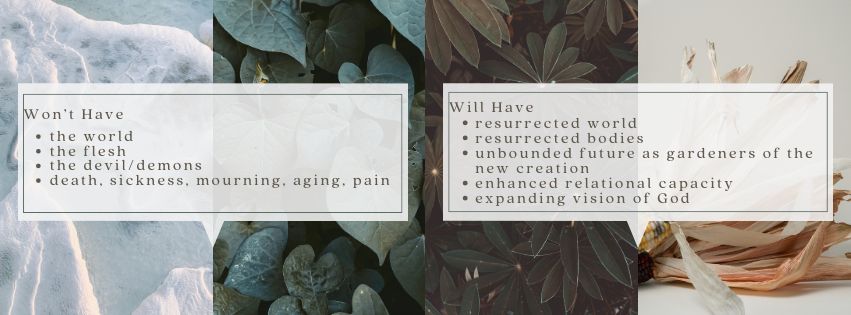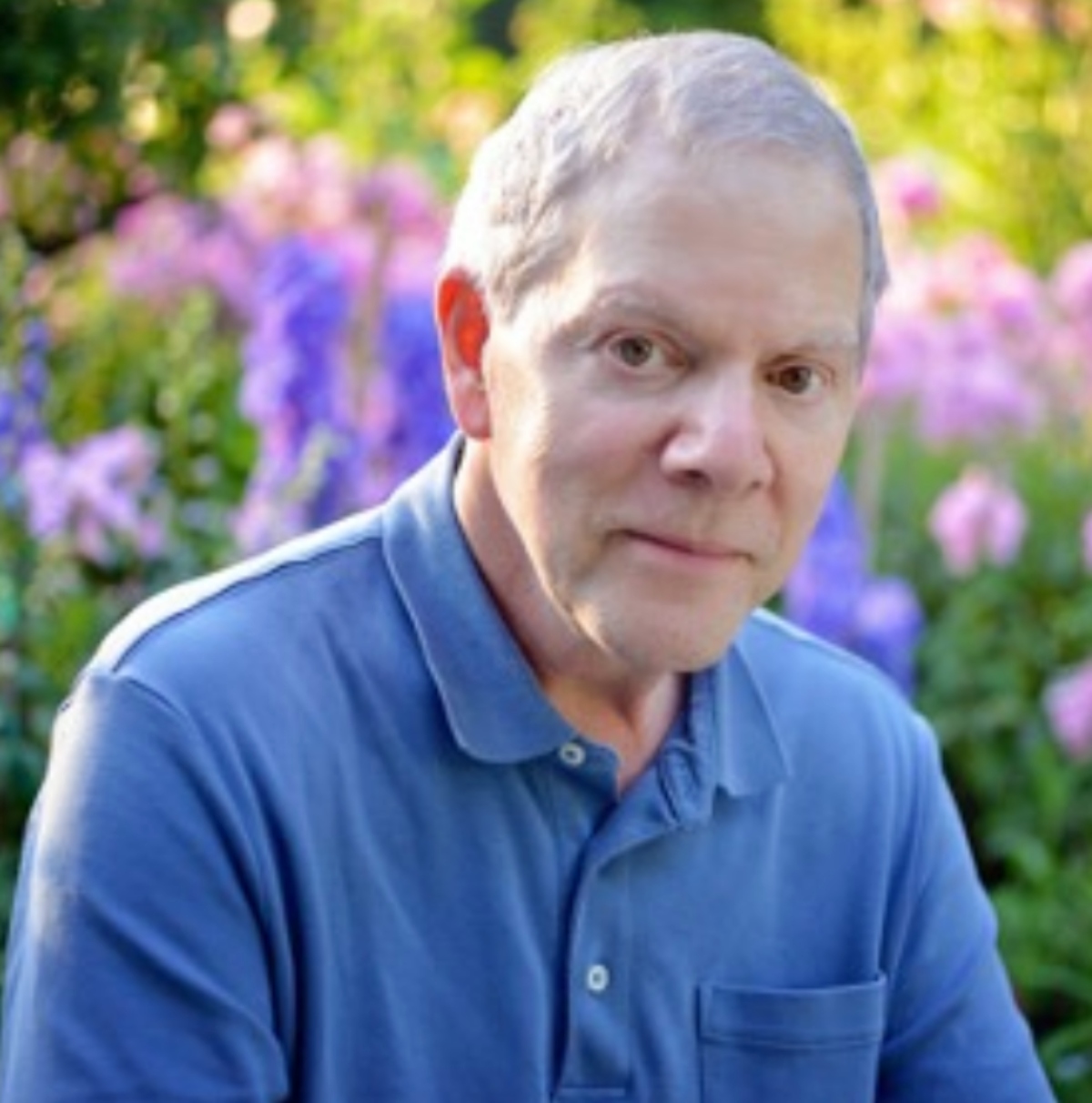Three Crucial Questions
In light of life’s numerous transitions, it behooves us to become perpetual learners. Such a posture necessitates recalibration—the effort to consciously bring to mind where we have been, where we are now, and where we are headed. From graduations and weddings all the way to retirements and funerals, we constantly need to ask these three questions:
- Where have I been?
- Where am I now?
- Where am I going?
When considering these questions, it’s important to bear in mind the frequently hidden character of a godly life. During my research for Recalibrate Your Life, my co-author Jenny Abel and I came across a video exploring the exquisite details of a butterfly—all those features invisible to the naked eye. The narrator drew attention to the fact that we’re understandably drawn to the towering aspects of the created order—magnificent mountain ranges, glorious sunsets, meteor showers. These sights are hard to miss. But we often overlook those microscopic glories that evade our regular field of vision. To see in this realm requires a deepened vision. The consideration of where we have been, where we are now, and where we are going often involves small marvels—a meal prepared for an overworked single mom, a word of comfort to a desperate soul, a hymn sung with one’s aging voice to the living God. The hidden character of a godly life requires a deeper vision, one that takes into account C.S. Lewis’s apt observation that there are no ordinary people. If that’s true, a life surrendered to Christ abounds in radiant glory, regardless of its seeming smallness.
A Heavenly Appetite
Considering the transitional nature of life, we inevitably confront the fact that the world is also shot through with loss. When we’re young, we tend to grieve a future in which the people we love will be absent. In our twilight years, however, a notable shift happens. Nearing our own departure, we long to stay back with our children, grandchildren, and remaining friends. There comes a pronounced temptation to live in the past, one that hampers our ability to be God’s witnesses here and now.
Given my age, one of the most important ways I’m recalibrating these days is by cultivating an appetite for the eternal. It’s worth pointing out that we don’t simply drift into this mindset; our vision must first be refined. Therefore, it’s worth thinking through how we might cultivate an appetite for the eternal in the fine texture of our everyday lives. One specific thought experiment that I like to practice with my wife, Karen, turns on the question of what heaven will be like. Do you ever stop to consider this question? After all, eternity with our Lord will be more vivid, vital, and substantial than anything we can imagine. In a word, it will be more real than anything we’ve experienced before. Consider the following list of features that characterize our final home as an aid to this thought experiment:

The Best Is Yet to Come
In his first sermon, Jonathan Edwards confronted the realities of suffering all of us experience in this life. But he also made it clear that the best is yet to come. One of his early working titles was “Navigating the Stages of Life So that the Best Is Yet to Come.” In an important sense, this is true of all believers because their destiny is eternity with God. But what about our days on earth? Do we live as though the best is yet to come in our present lives?
I know of one 87-year-old lady who is quite forthright about the fact that her physical health is deteriorating. From the standpoint of her aging body, these are not her “best days.” On the other hand, she has grown closer to the Lord in her age, and she’s clear that from the standpoint of her present spiritual maturity, these are indeed her best days. To see one’s circumstances in this light takes patience and humility, but it is a true measure of wisdom.
I also think of the final days of Corrie ten Boom’s life. At this point, Corrie was an invalid who could barely manage to speak. Nevertheless, her caregiver, Pam Rosewell, was blown away by the palpable joy radiating from her elderly charge. In one touching moment, Corrie managed to express her desire to sing a favorite hymn. Together, these two ladies sang in Dutch about Christ as victor—a fitting valedictory for a life devoted to the King of kings.
Christ is indeed victor. He has overcome the world, and there is nothing to fear—in life or death. If we draw breath in our lungs, our lives can make that triumphant declaration. And when we do breathe our last, the message lingers on, in heaven and on earth, as we’re ushered into the everlasting joy and presence of our loving Father.
Followers of Jesus are winding up, not down. For those of us in our twilight years, our best days are not behind us. Rather, we are moving toward a better quality of life—a better country, as we are told in Hebrews.
At this point in my life, many of my mentors are long since dead and I now devote most of my time to mentoring others. By God’s grace, I hope to instill in others some of the wisdom that’s been imparted to me. One of the great joys of this pursuit consists in helping others to connect the dots in their lives—to see the shape of God’s grace in their daily circumstances. We’re not meant to undertake this journey alone. We need each other to spur one another on and to remind one another that our paths meet his “larger way” to draw from Bilbo’s song in Lord of the Rings. Our destiny is unspeakable glory and pleasure forevermore. Are we ready for that final transition?
Photo Credit: ©iStock/Getty Images Plus/The-Vagabond

Kenneth Boa equips people to love well (being), learn well (knowing), and live well (doing). He is a writer, teacher, speaker, and mentor and is the President of Reflections Ministries, The Museum of Created Beauty, and Trinity House Publishers.
Publications by Dr. Boa include Conformed to His Image, Handbook to Prayer, Handbook to Leadership, Faith Has Its Reasons, Rewriting Your Broken Story, Life in the Presence of God, Leverage, and Recalibrate Your Life.
Dr. Boa holds a B.S. from Case Institute of Technology, a Th.M. from Dallas Theological Seminary, a Ph.D. from New York University, and a D.Phil. from the University of Oxford in England.



.jpg)
.jpg)